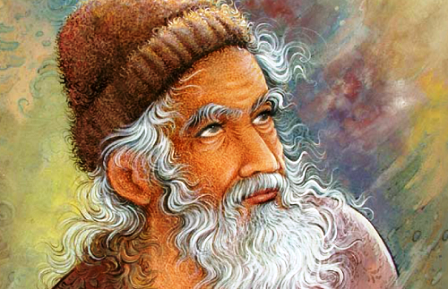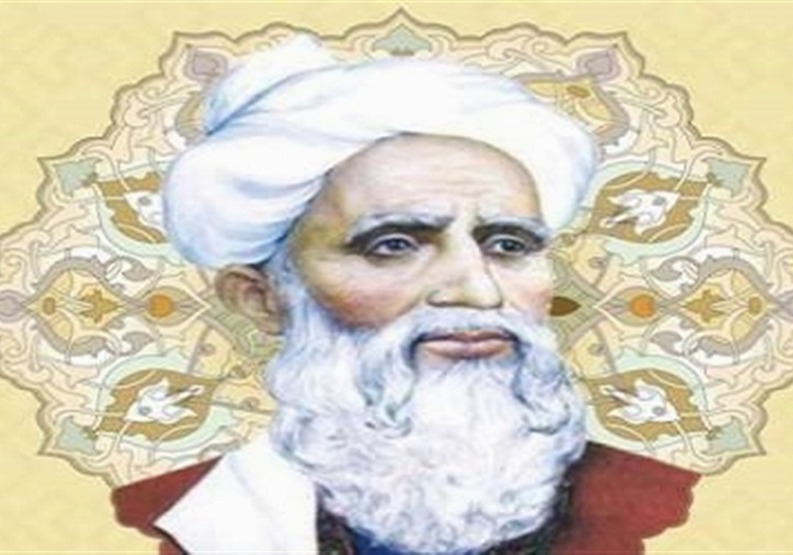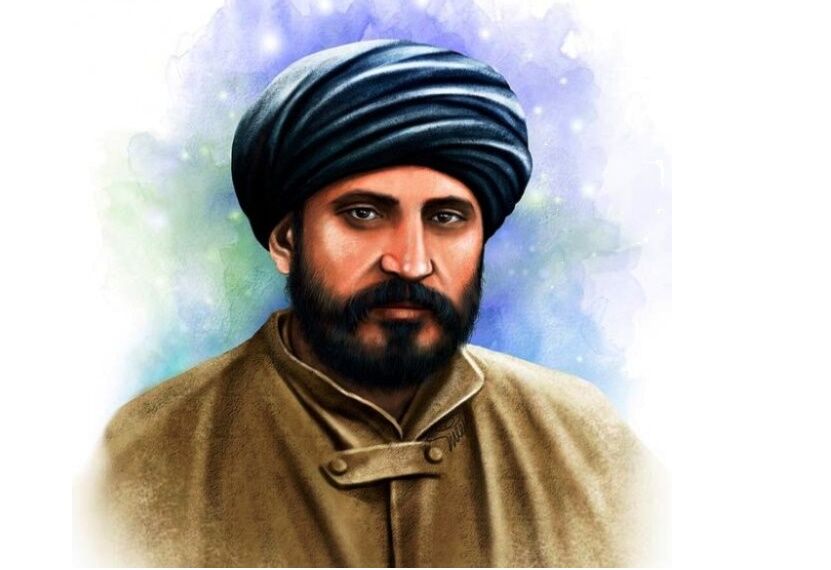
Nasir Khusraw: the Flagbearer of Khurasani Protest Poetry
Abu Mu’in Nasir ibn Harith al-Qubadiyani Balkhi, also known as Nasir Khusraw, was born in 992 CE, in the Qubadian village of Merv. Nasir Khusraw’s poems are full of guidance, enlightenment, and wise words. His nicknames include Hakim, Hakim Nasir, and Sayyid ul-Hukama (Master of Scholars). He is one of the few literary figures of Iran who is believed to be spiritually born again. In his famous book, Safarnama, Nasir Khusraw confessed his inclinations to chase worldly desires until the age of 40, before a dream finally changed his life and destiny overnight.
Nasir Khusraw’s Dream
In his writings, Nasir Khusraw has spoken about his dream in these words: “I had a dream one night, in which someone told me: For how long do you want to continue drinking wine? It certainly destroys wisdom. You better stay sober, and I replied: No scientist ever succeeded in making something that kills sorrow better than wine does. The person replied: There’s no comfort in being drunk and intoxicated. You can’t be called a scholar if you advise people to get out of control. You should look for something that increases your wisdom and sobriety. I said: Where can I get something like that? He said: You shall find if you seek. He then pointed to the qibla and kept quiet.” The dream made Nasir Khusraw embark on a seven-year journey, in which he visited Ka’ba four times. Furthermore, he converted to Isma’ilism and travelled to Egypt to serve the Isma’ili Fatimid Caliphate. In Egypt, he received the honorary title “Hujjat-e Khorasan” from the Fatimid caliph, Al-Mustansir Billah, and was raised to the position of a missionary for the Isma’ili Fatimids in Khurasan where he wrote his famous book, Safarnama (Travelogue), which contains details about the places he had visited in his seven-year journey. Nasir Khusraw’s other works include “Zaad al-Musafirin”, “Wajh-e Din”, “Jami’ al-Hikmatayn”, “Gushayish va Rahayish”, and “Divan”, “Bostan al-Uqul”.
Fight against Ignorance
Prior to the changes that happened to his character, Nasir Khusraw was a respected fellow among Seljuk rulers and enjoyed a high standard of living. He lived his life in a time when bribery was normal, and when injustice, corruption, discrimination, and ignorance were the orders of the day not only among the rulers but also the masses. Nasir Khusraw describes the masses as a narrow-minded part of the population that refuses to think, judges everything based on appearance, does not dig to understand the deeper layers of any given phenomenon, and follows one another based on bigotry. Nasir Khusraw’s qasidas in his Divan audaciously lash out at ignorant masses.
Protest Poetry
Nasir Khusraw crushed the older traditions of poetry by changing both the content and the structure of qasida. In his qasidas, Nasir Khusraw mostly humiliates the world. He compares the world to a monster and soulless creature and uses exemplifications to describe the world as someone vicious, deceptive, and merciless. His use of allegory and metaphor indicates not only his extraordinary creativity but also his mastery over Persian literature. In his poems, he complains to the heavens by expressing the extant injustices in society. The two elements of “protest” and “resistance” are certainly what distinguish Nasir Khusraw from other poets, and make him the “flagbearer of Khurasani style”. In one of his poems, Nasir Khusraw said: “Whatever promises the world makes / are all lies and tricks / whatever the world brings to life / are certainly the offspring of lie and deception”.
Nasir Khusraw sought assistance from the Qur’an and hadith to enlighten humans and expose the harsh realities of being attached to worldly life. The poet portrays the picture of a solid human being who keeps praising religious and humanistic values and lives by them.
Demise
Nasir Khusraw was forced to move to a village called “Yamgan” in the mountains of Badakhshan, Afghanistan. He describes the 15 years of his stay in Yamgan as time in prison. He said: “I have been in Yamgan for 15 years / I don’t know why I am here, in this prison”. However, people of this region highly respected Nasir Khusraw and nicknamed him “Hujjat”, Sayyid Shah Nasir Wali”, “Pirshah Nasir”, “Pir-e Yamgan”, and “Pir-e Kamil” (lit. the Perfect Saint).
Nasir Khusraw sought assistance from the Qur’an and hadith to enlighten humans and expose the harsh realities of being attached to worldly life.
| Name | Nasir Khusraw: the Flagbearer of Khurasani Protest Poetry |
| Country | Iran |
| Nickname | Nasir Khusraw |
| Production Time | born in 992 CE |
| Works | “Zaad al-Musafirin”, “Wajh-e Din”, “Jami’ al-Hikmatayn”, “Gushayish va Rahayish”, and “Divan”, “Bostan al-Uqul”. |
| Type | Literary,Academic |
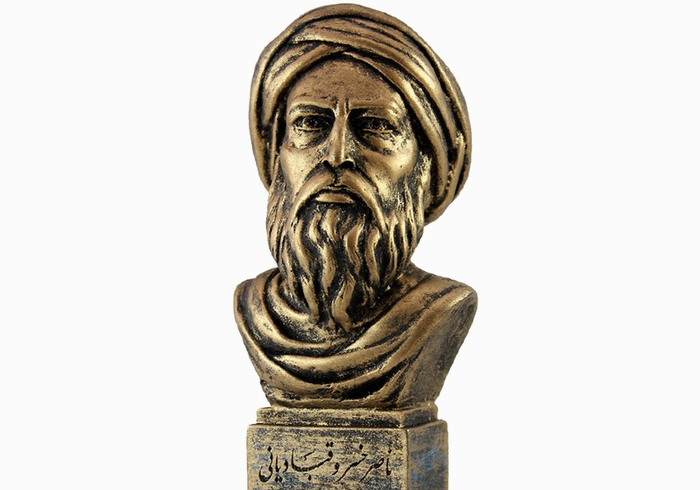
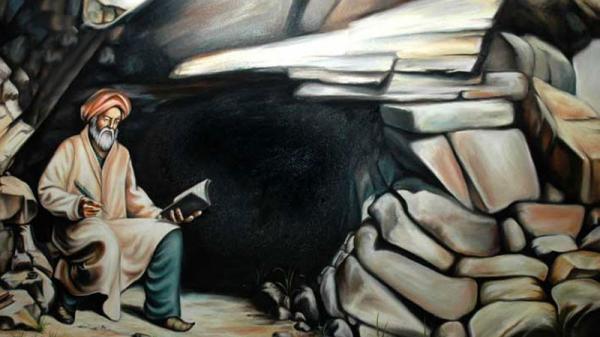
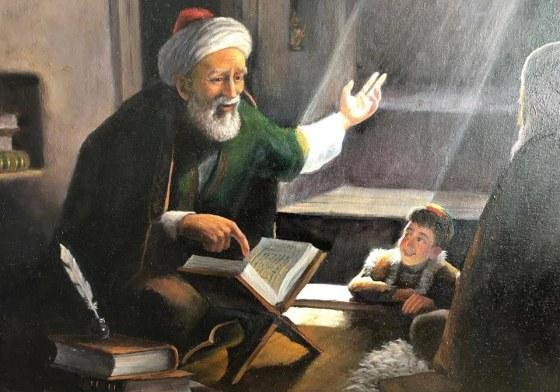
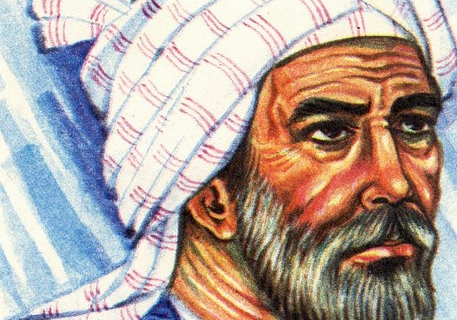




Choose blindless
Red blindless Green blindless Blue blindless Red hard to see Green hard to see Blue hard to see Monochrome Special MonochromeFont size change:
Change word spacing:
Change line height:
Change mouse type:
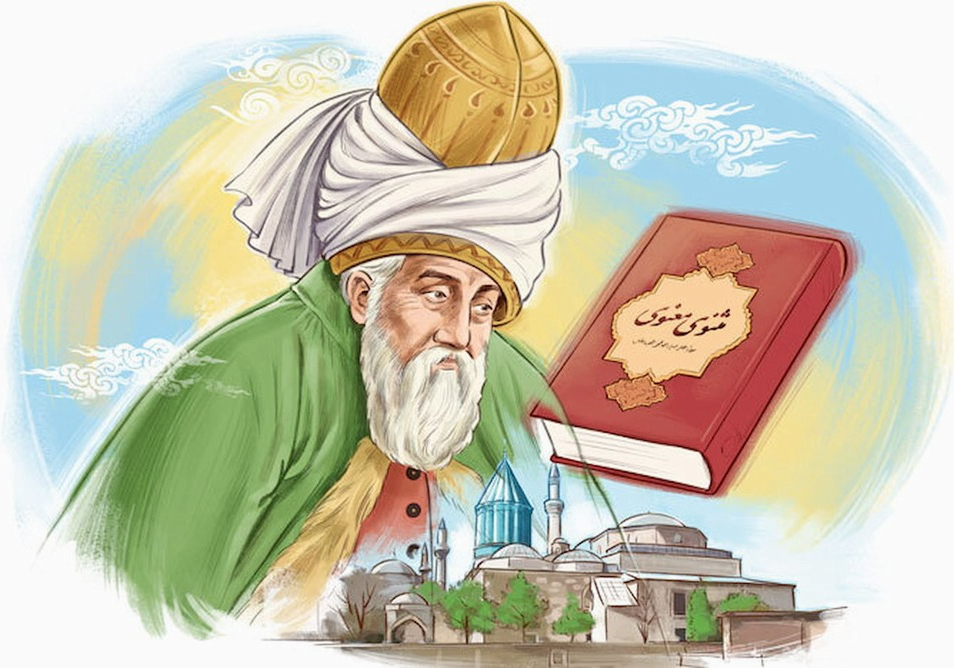
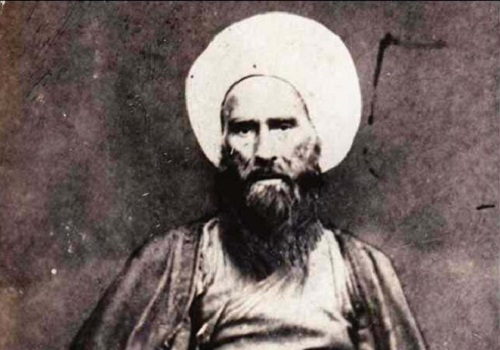

.jpg)


(b)_crop_8.jpg)
